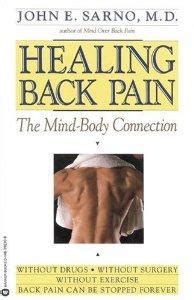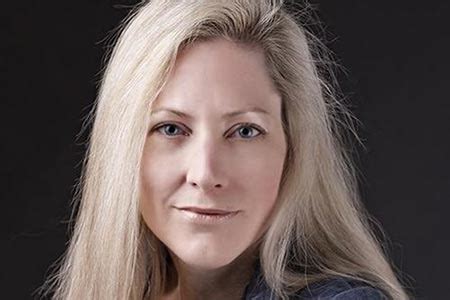A Quote by Nicholson Baker
For me, as a beginning novelist, all other living writers form a control group for whom the world is a placebo.
Related Quotes
Safety lies in catering to the in-group. We are not all brave. All I would ask of writers who find it hard to question the universal validity of their personal opinions and affiliations is that they consider this: Every group we belong to - by gender, sex, race, religion, age - is an in-group, surrounded by an immense out-group, living next door and all over the world, who will be alive as far into the future as humanity has a future. That out-group is called other people. It is for them that we write.
I want my books to exist in the literary world, not only in the art world. I am interested in having a dialogue with other writers, and the readers of those writers. Someone who is reading a book of mine might not have visited my exhibitions related to it, but can still have a full, literary experience with that book. This would be a completely different experience from stepping into the show, not having read the book. One form is not illustrative of the other.
I love singing opera, but the world surrounding it is not me. I want to be barefoot. I want to be in control of my own career. I want to put on a show. In the opera world, you wait for people to call you until you get to a certain level. In the folk world, it's a lot easier to have control from the beginning.
Writers imagine that they cull stories from the world. I'm beginning to believe that vanity makes them think so. That it's actually the other way around. Stories cull writers from the world. Stories reveal themselves to us. The public narrative, the private narrative - they colonize us. They commission us. They insist on being told. Fiction and nonfiction are only different techniques of story telling. For reasons that I don't fully understand, fiction dances out of me, and nonfiction is wrenched out by the aching, broken world I wake up to every morning.
The fact is that no species has ever had such wholesale control over everything on earth, living or dead, as we now have. That lays upon us, whether we like it or not, an awesome responsibility. In our hands now lies not only our own future, but that of all other living creatures with whom we share the earth.
Whatever way you put it, I am here only because my world is here. When I took my first breath, my world was born with me. When I die, my world dies with me. In other words, I wasn't born into a world that was already here before me, nor do I live simply as one individual among millions of other individuals, nor do I leave everything behind to live on after me. People live thinking of themselves as members of a group or society. However, this isn't really true. Actually, I bring my own world into existence, live it out, and take it with me when I die.
We should always aim to read something different=not only the writers with whom we agree, but those with whom we are ready to do battle. Their point of view challenges us to examine the truth and to test their views...and let us not comment on nor criticize writers of whom we have heard only second-hand, or third-hand without troubling to read their works for ourselves...Don't be afraid of new ideas.
There were several parallels between Jonestown and Escuela Caribe. Both places used isolation to control a large group of people and censored their communication with the outside world so their loved ones wouldn't know about the rampant physical abuse and misery of the residents. I think the worst fallout, in both cases, was the living in constant fear, witnessing other residents get assaulted and worrying that you'd be next. That's where Post Traumatic Stress Disorder comes from.
Here's a news flash--writers are selfish people. Truth is, creative types like me are driven by one impulse--to make up a world in which we get to control everything and everyone. We decide who enters and who exits, what the weather will be, who will hook up with whom, who will win and who will lose. It makes us feel powerful and, in all honesty, has relatively little to do with thinking about what will make anyone else happy.







































